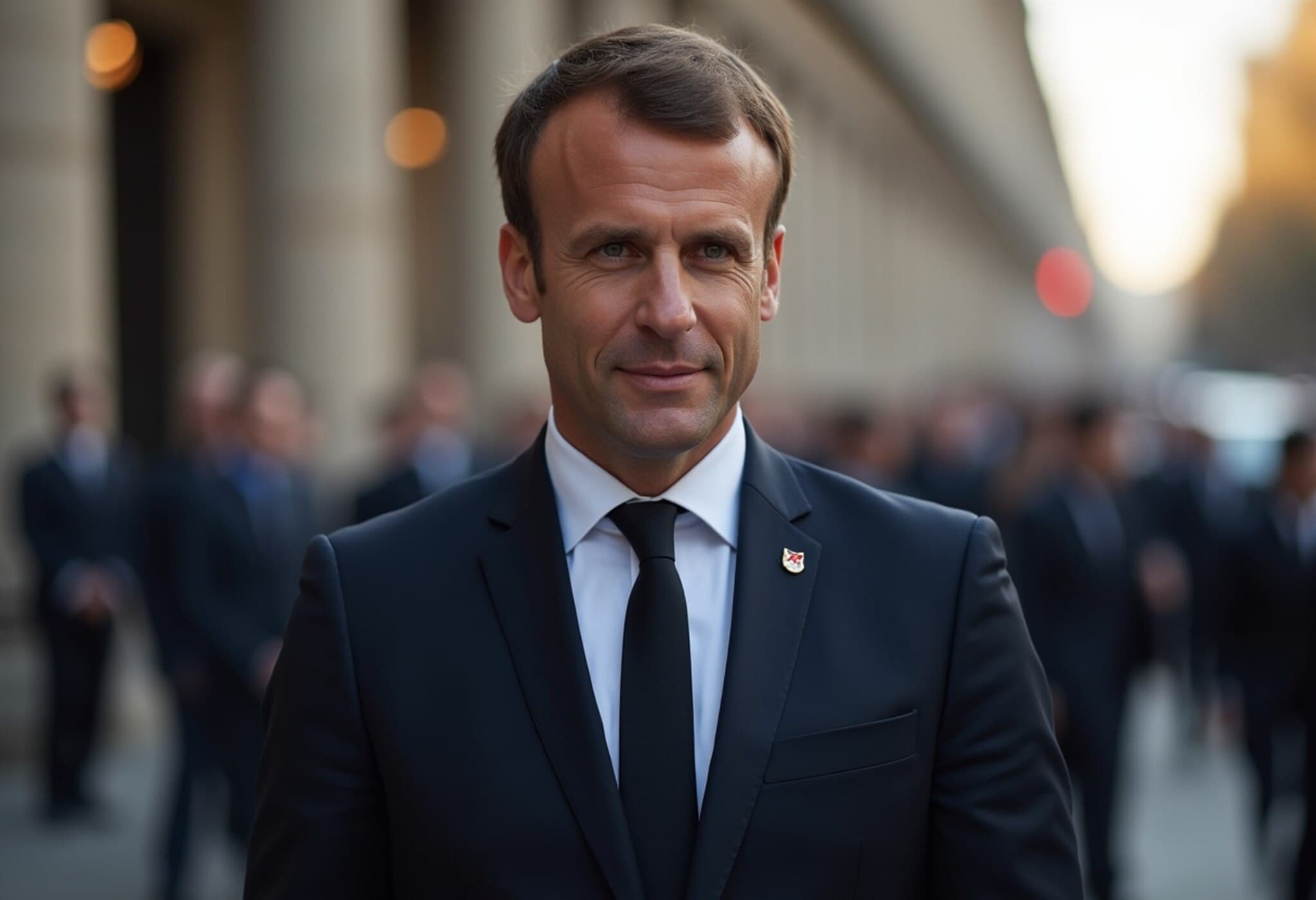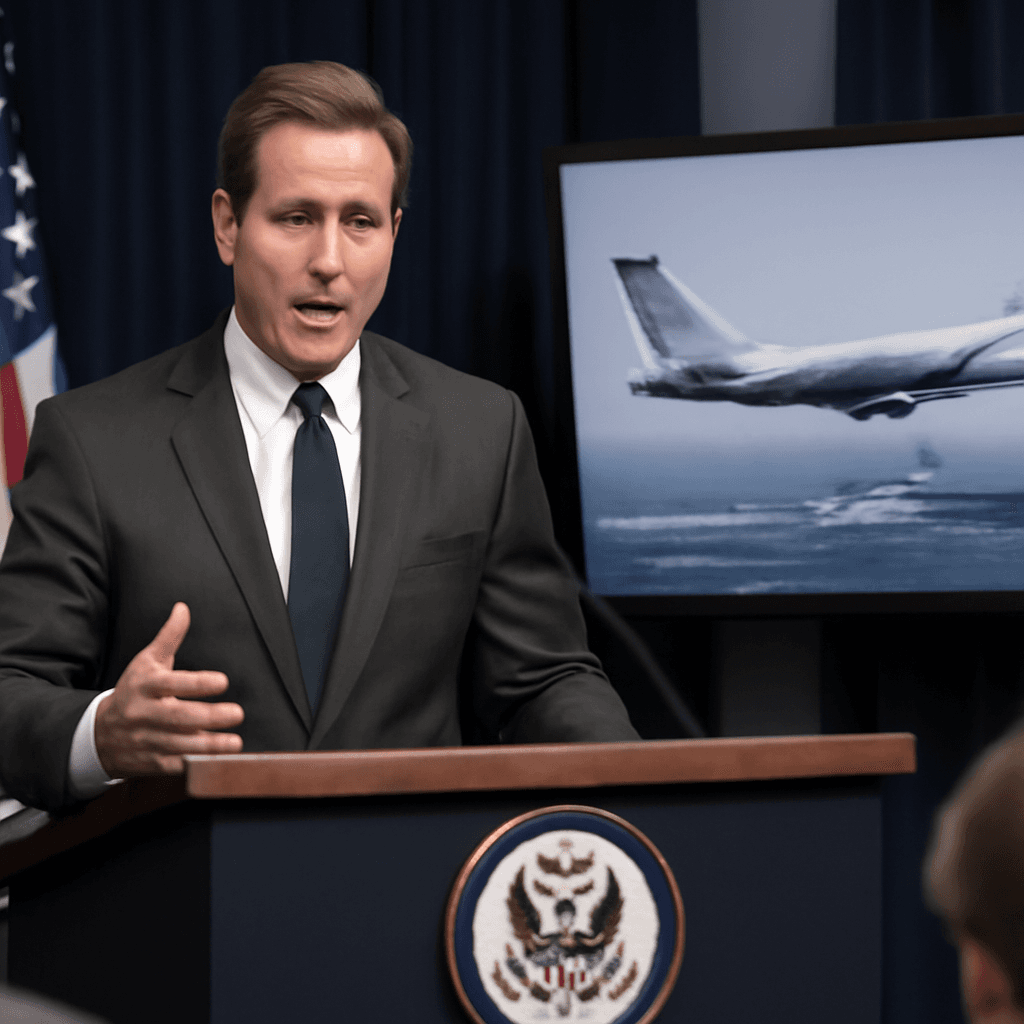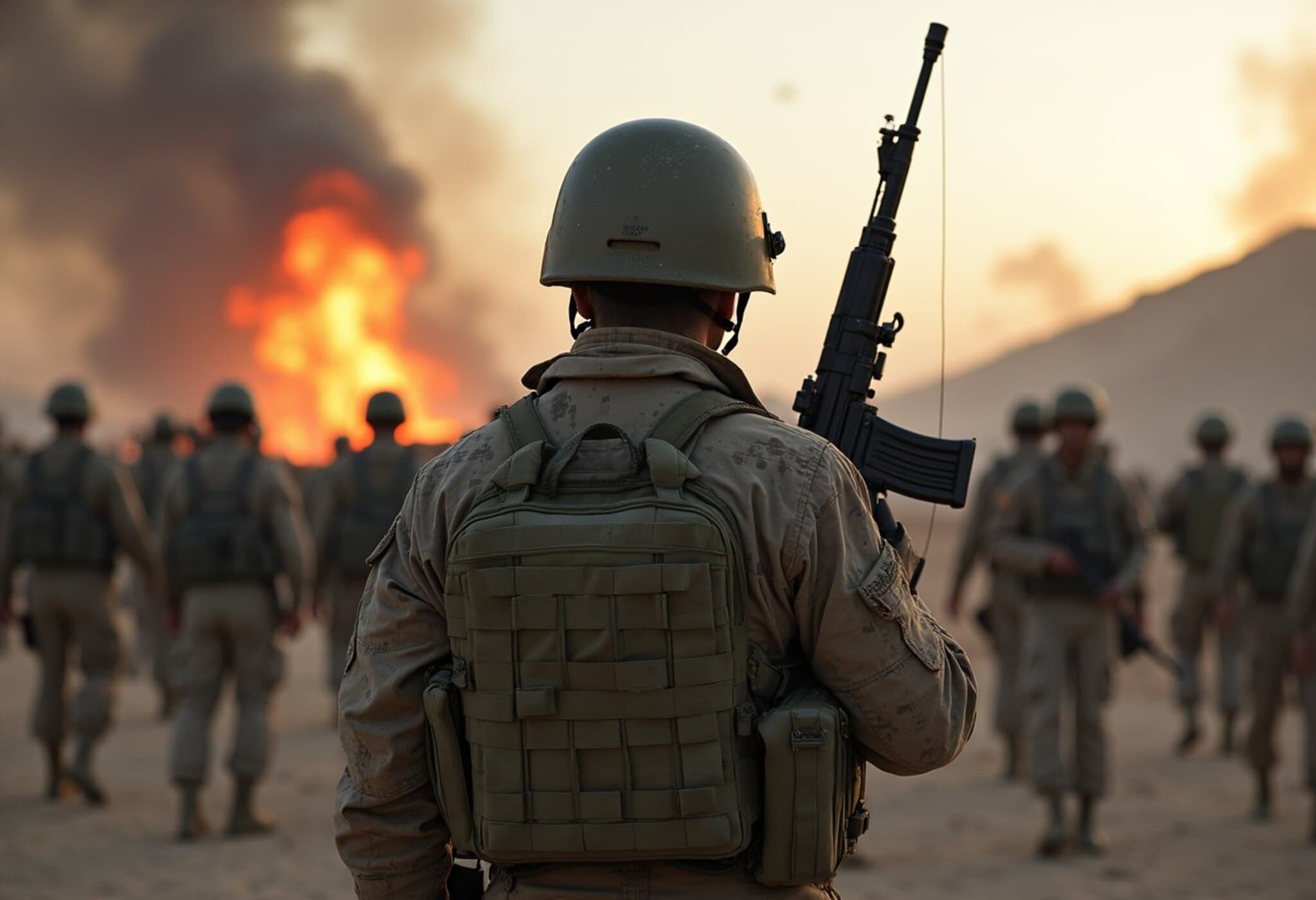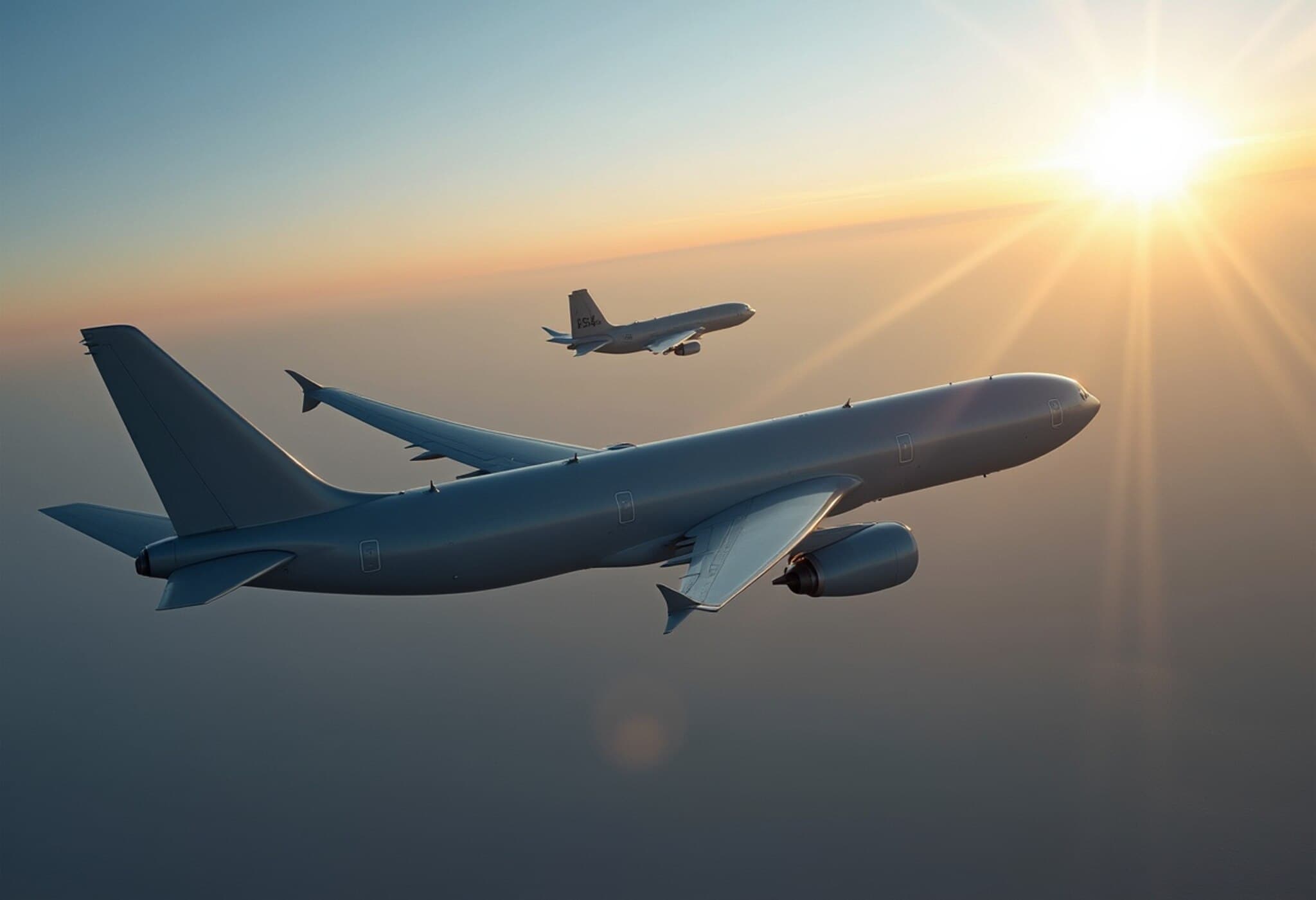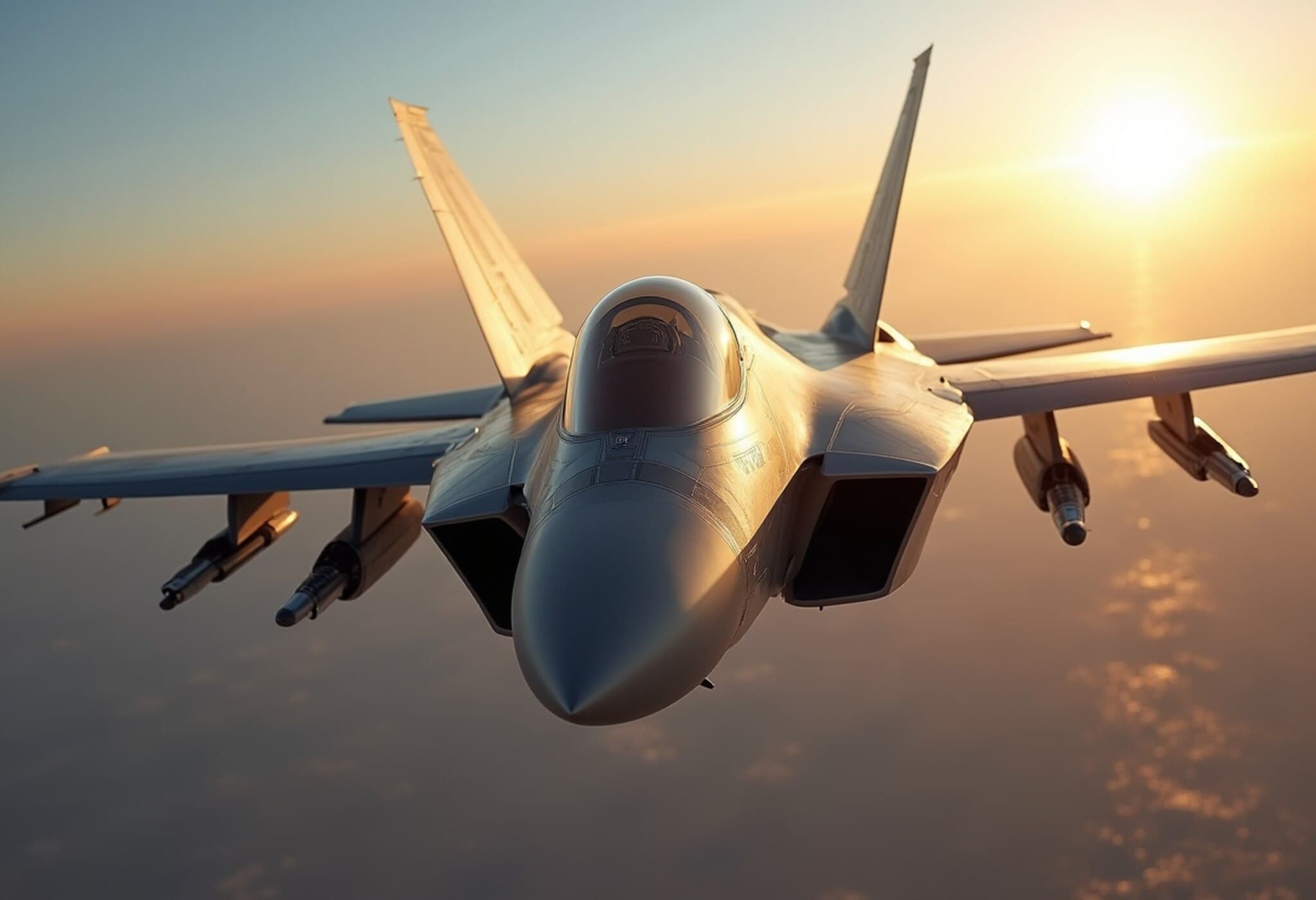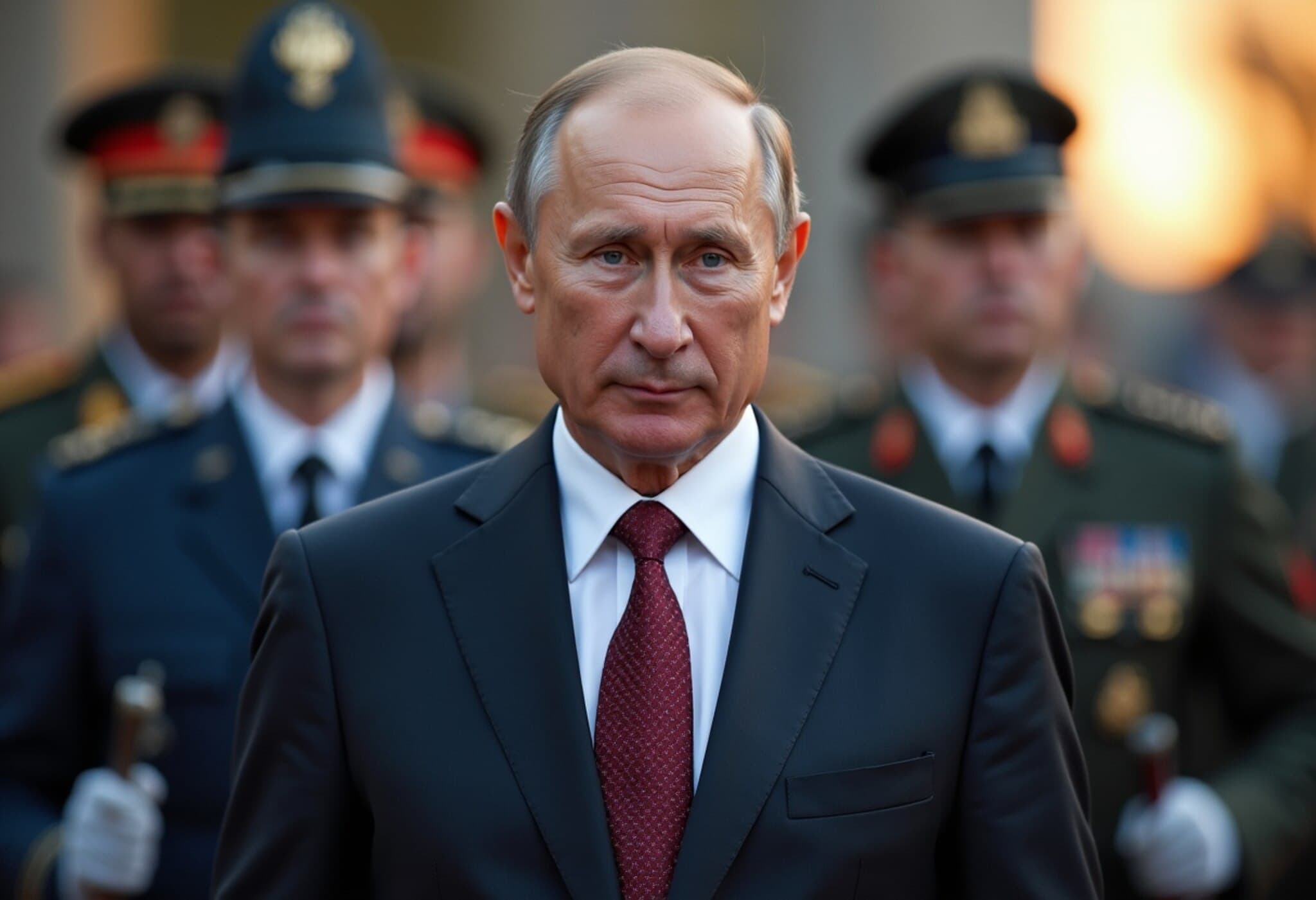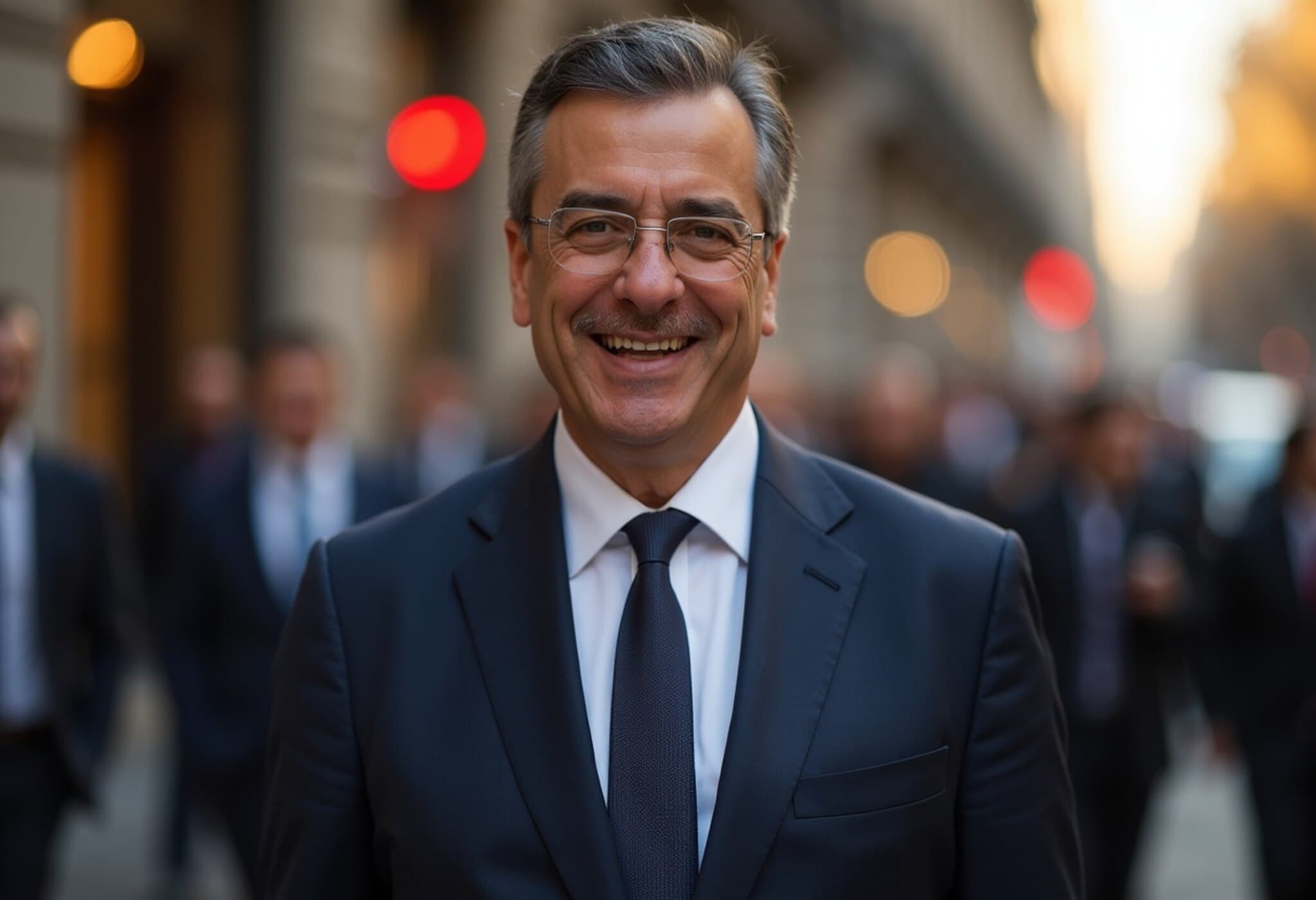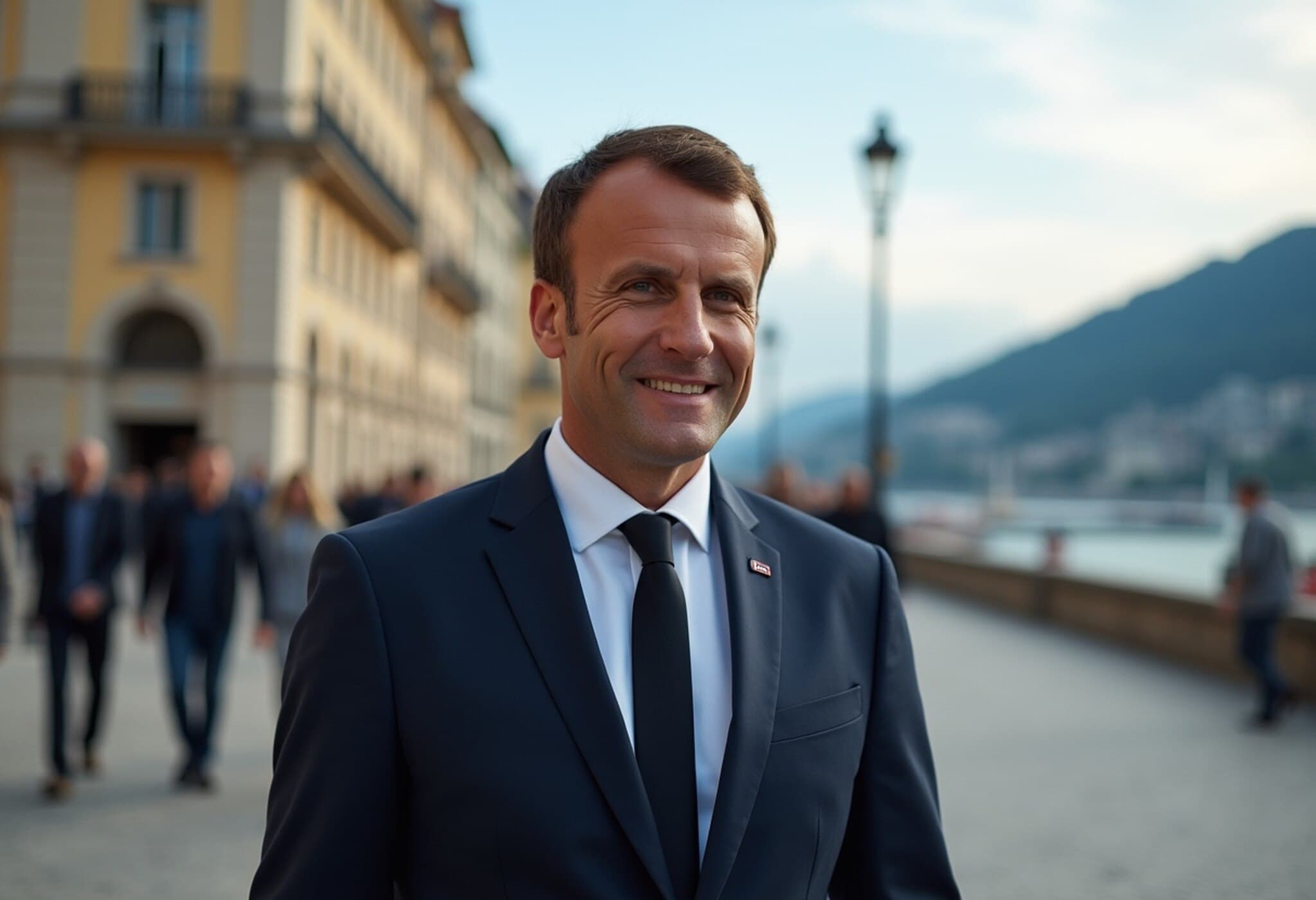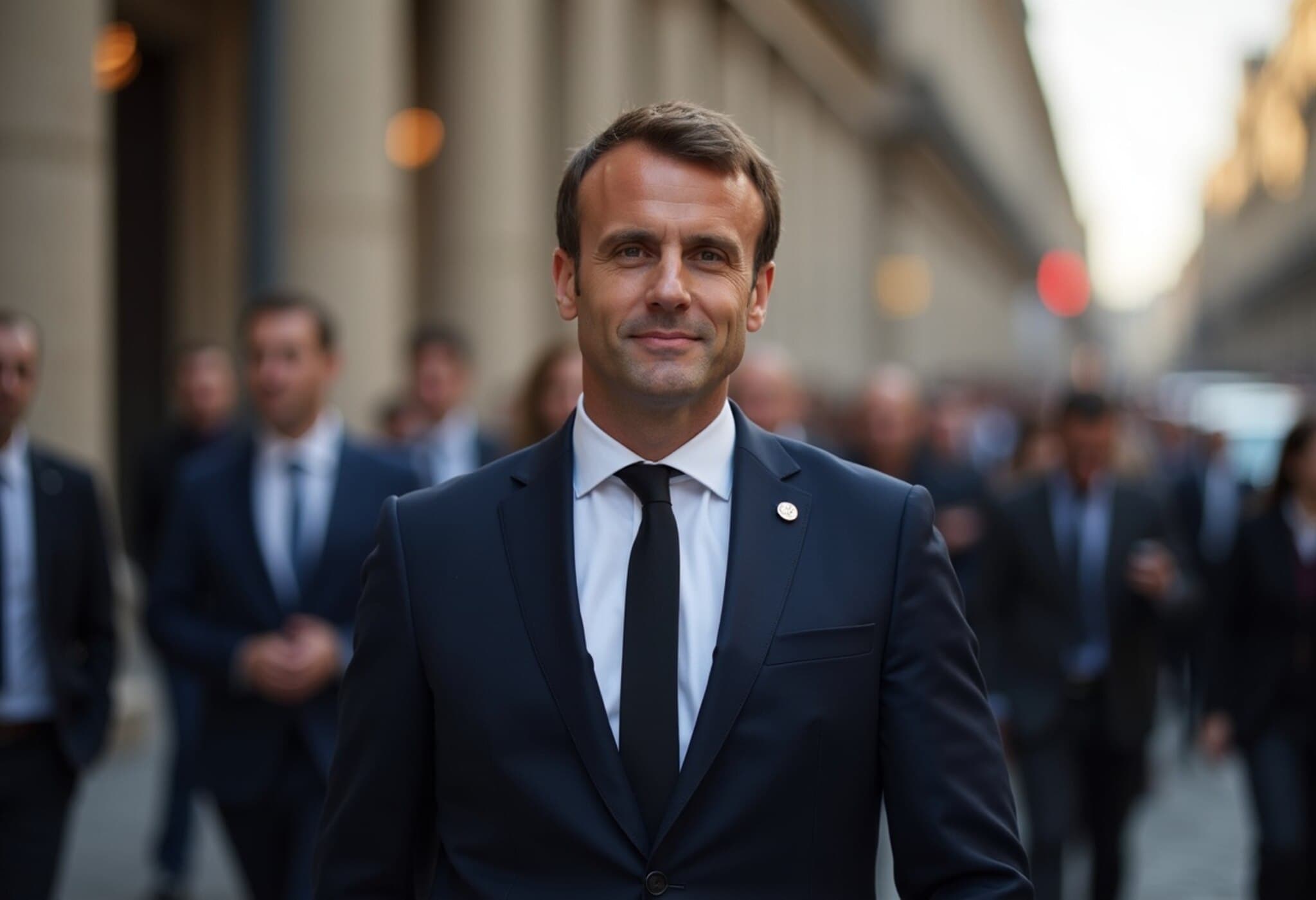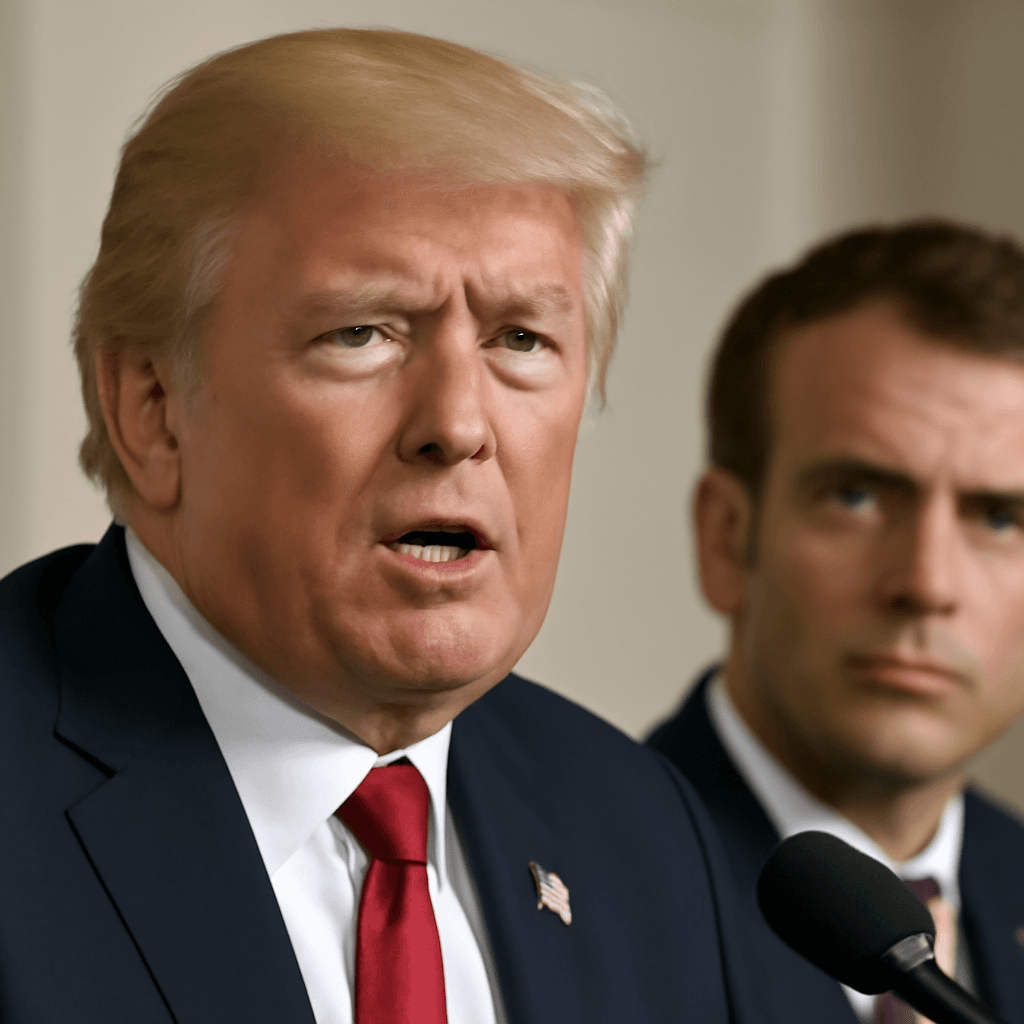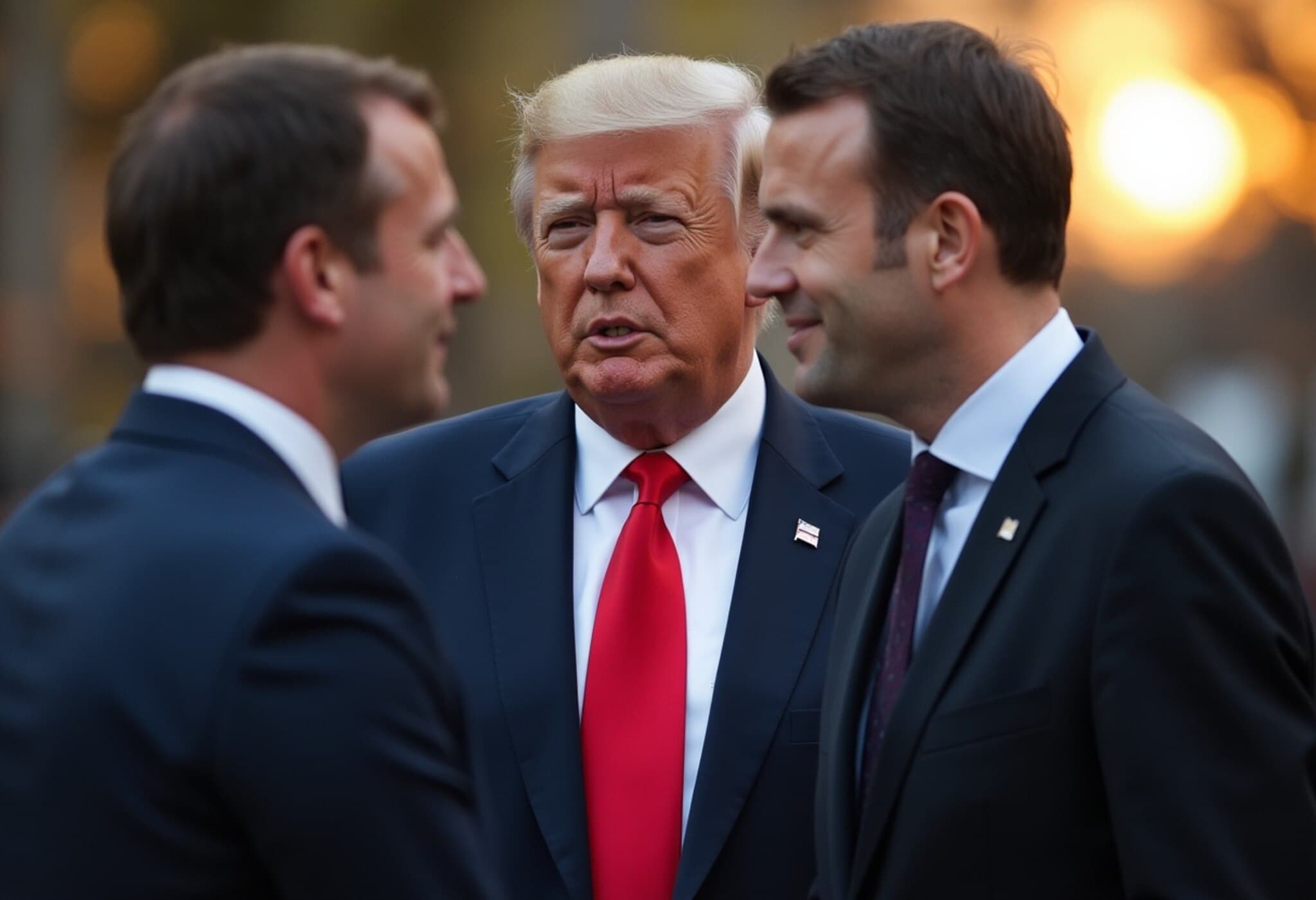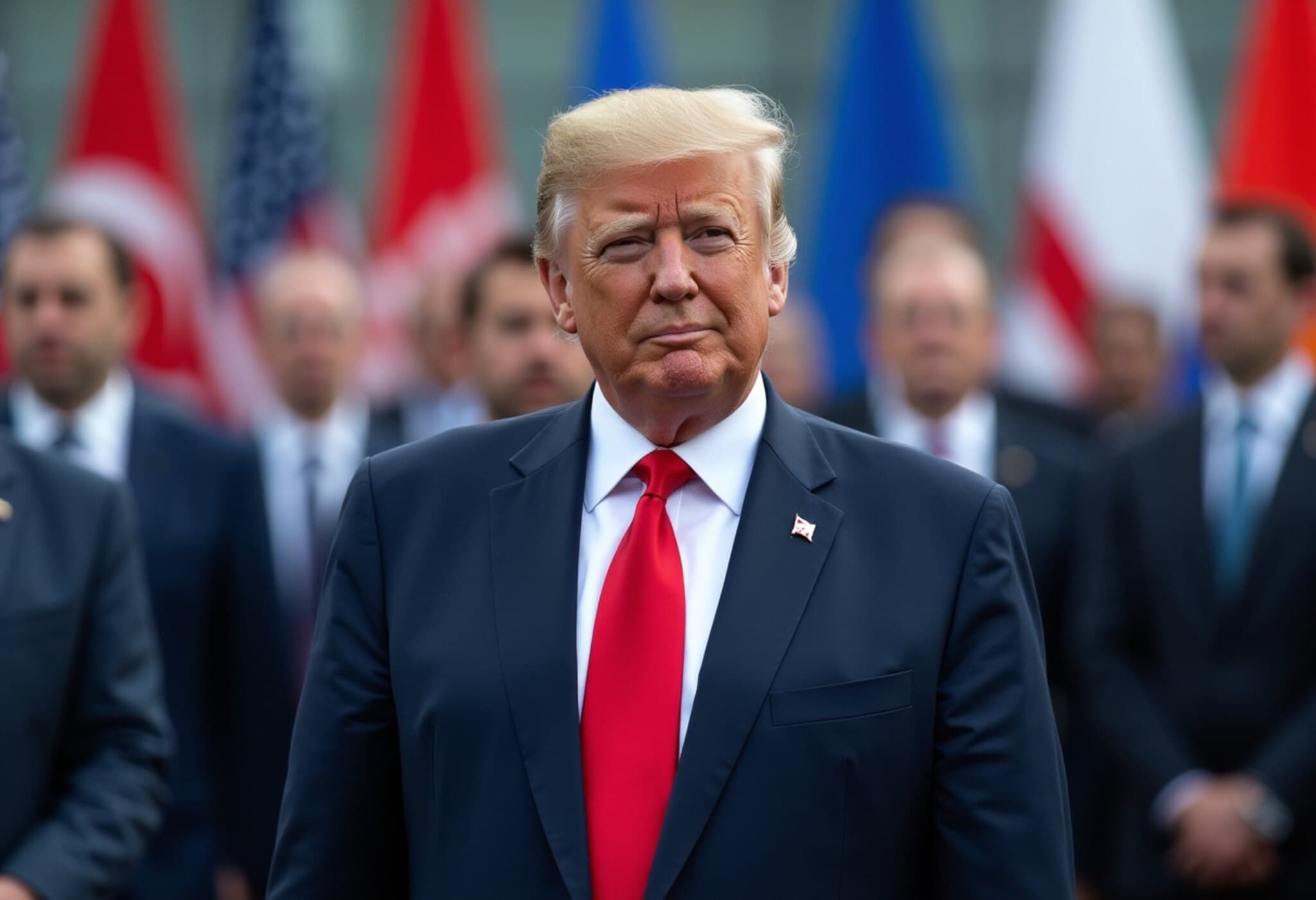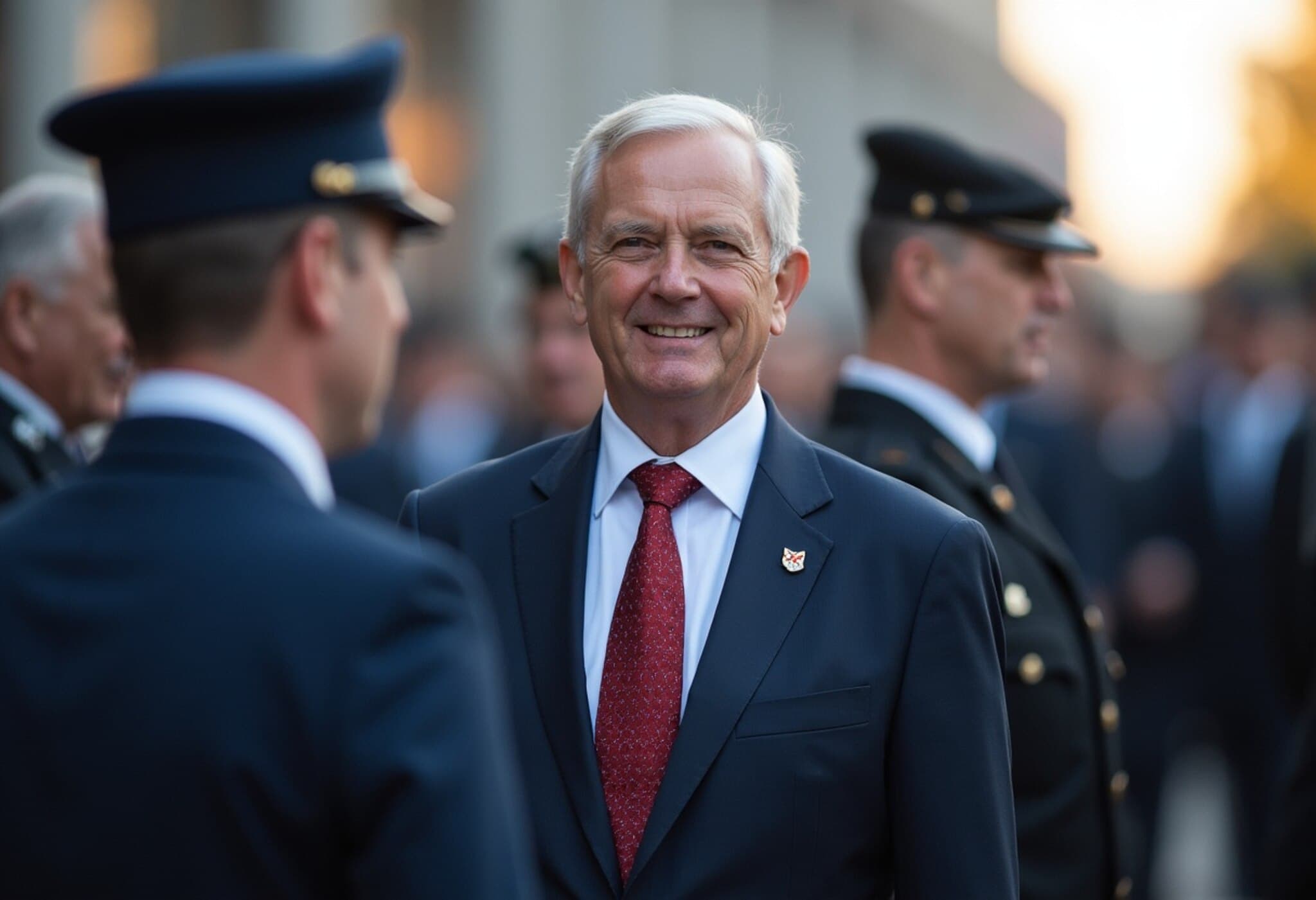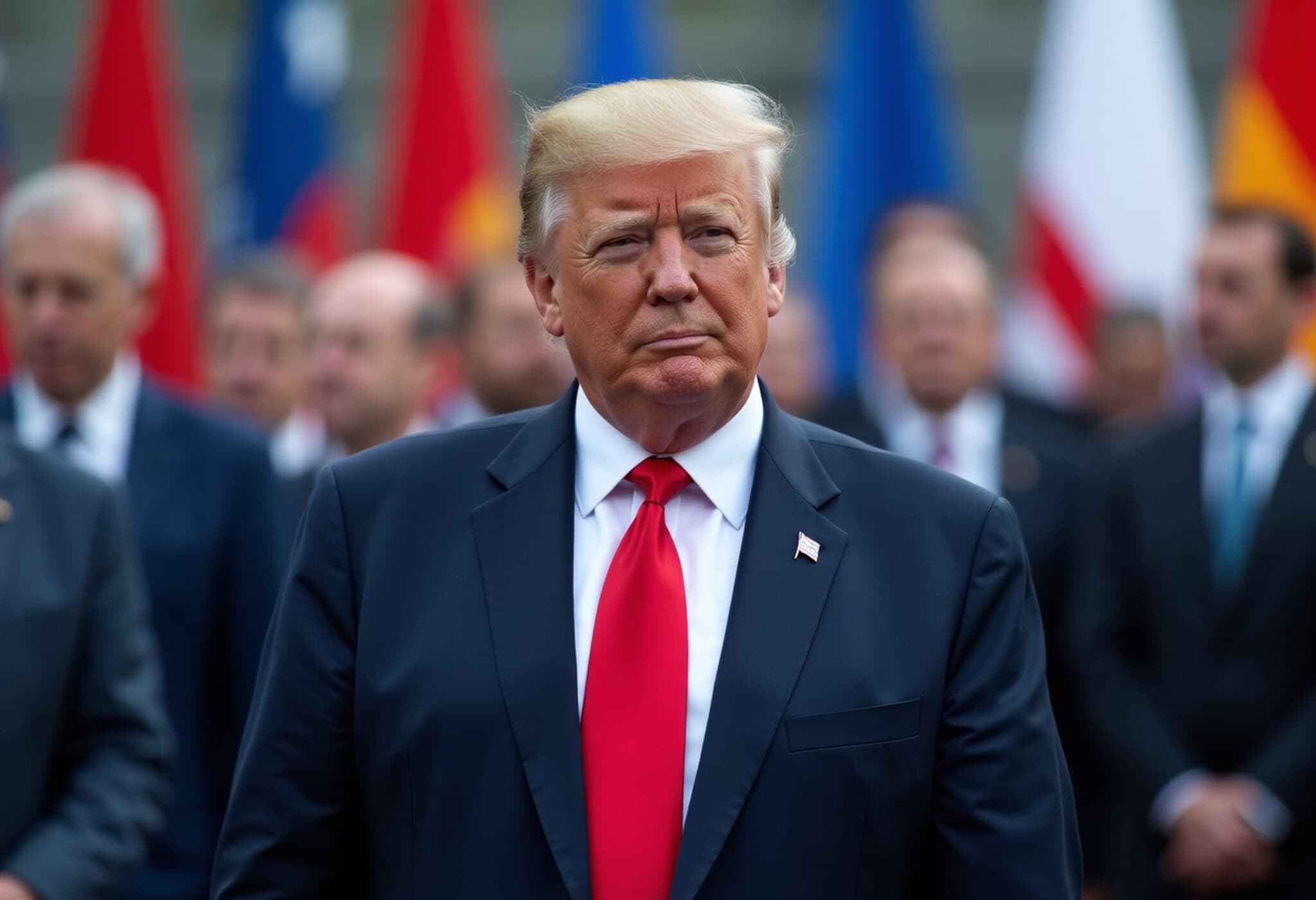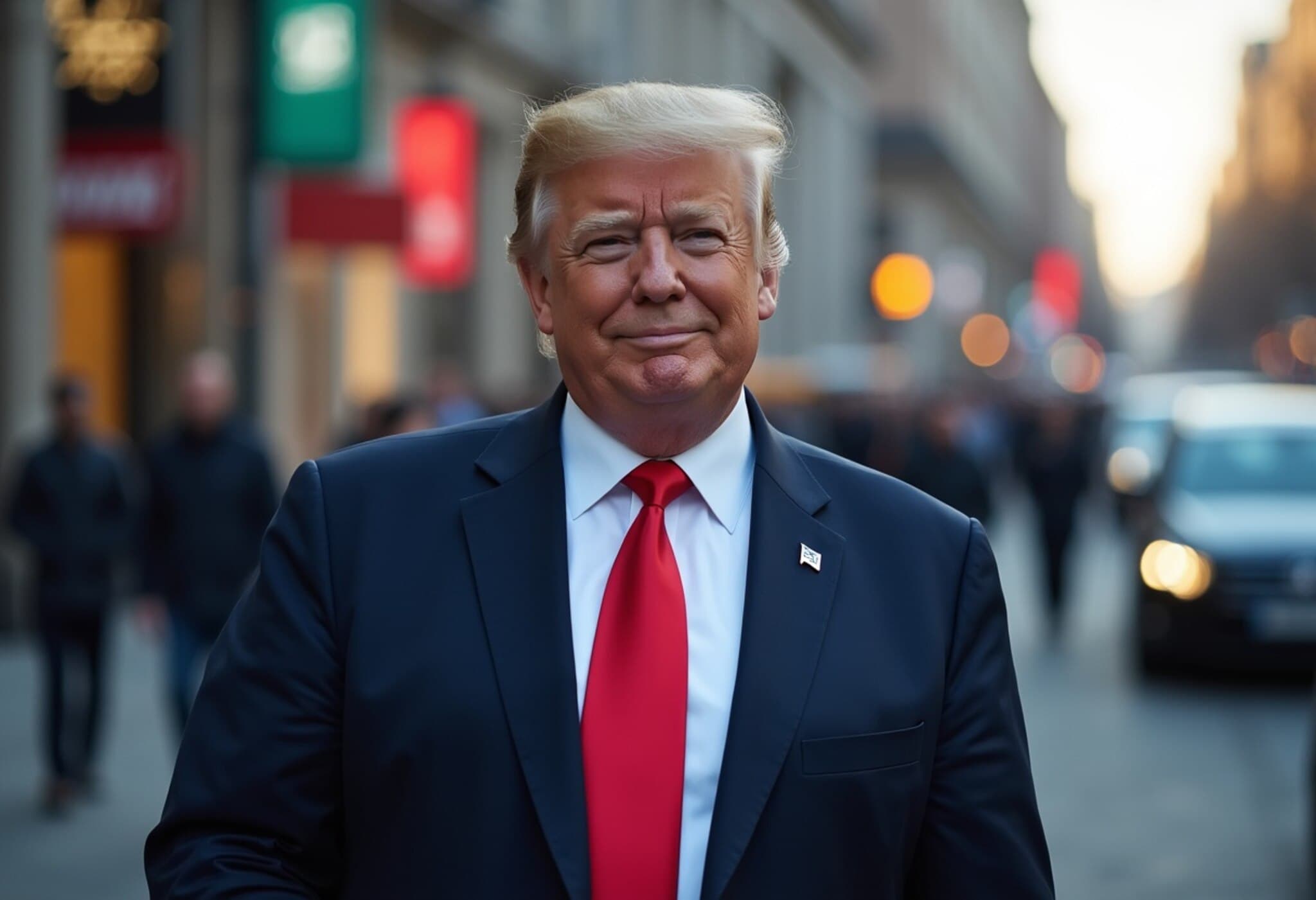Macron Calls for Significant Increase in France's Defense Budget
On July 13, 2025, French President Emmanuel Macron delivered a powerful address to military leaders in Paris, emphasizing the urgent need to bolster France’s defense capabilities amid escalating global security threats. His remarks, made on the eve of the Bastille Day national holiday, underscored a stark reality in Europe: freedom is increasingly under siege, and strength is the necessary currency to safeguard it.
"To Be Free, You Must Be Feared"
Macron framed his defense spending proposal with a blunt, resonant message: "To be free in this world, you must be feared. To be feared, you must be powerful." Drawing attention to a series of alarms ringing across the continent—from Russia’s aggression and the ongoing war in Ukraine to rising cybercrime and terrorism—he argued that France, along with its European partners, faces unprecedented challenges that demand robust responses.
Ambitious Spending Hike Targets European Security
Detailing the government's plans, Macron proposed a phased increase in defense spending: a 3.5 billion euro ($4.09 billion) boost in 2026, followed by an additional 3 billion euros in 2027. This trajectory would push France’s defense expenditure to an estimated 64 billion euros in 2027 — effectively doubling the 2017 budget when Macron first assumed office.
Such a leap in military funding signals France’s intent to consolidate its strategic autonomy and strengthen deterrence amid volatile geopolitical currents. The planned boost is also seen as a response to broader NATO and EU pressure for member states to meet heightened defense commitments.
Parliamentary Hurdles and Fiscal Challenges
While Macron’s vision is clear, it faces inevitable legislative scrutiny. As with any major budget change in France, the proposals require approval from the National Assembly. Adding complexity, lawmakers have already been locked in protracted debates over the 2025 fiscal framework, navigating competing pressures to rein in deficits and control public spending.
France’s public debt, hovering around 113% of GDP, and the government’s goal to reduce the budget deficit to 5.4% in 2025 illustrate the fiscal tightrope Macron’s administration must walk. Finance Minister Éric Lombard emphasized the severity of the situation earlier this year, stating that France needs to find €40 billion ($46 billion) in budget savings to meet its 2026 targets.
Balancing Defense and Domestic Priorities
The proposed defense spending increases come amid growing calls from opposition lawmakers—especially those on the Left—who are wary of austerity and cuts in other public services. Macron’s appeal for national unity, "The nation needs you," seeks to rally French citizens to accept sacrifices for the sake of collective security. Yet, questions remain about the political viability of these measures in a climate marked by social tensions and economic pressures.
What Lies Ahead?
Prime Minister François Bayrou is expected to outline further budget details on Tuesday, which could include additional austerity policies or tax adjustments. These moves will be crucial in shaping France’s fiscal and defense trajectory.
Expert Analysis: A Strategic Imperative Amid Shifting Global Dynamics
From a geopolitical standpoint, Macron’s defense spending surge reflects a broader European recalibration triggered by Russia’s invasion of Ukraine and the increasingly complex nature of hybrid warfare—including cyber threats and terrorism. For the United States and NATO allies, France’s commitment sends a vital signal of transatlantic solidarity and collective resilience.
Economically, however, escalating defense budgets within a context of constrained public finances prompt difficult trade-offs. How France balances strategic imperatives with social welfare and economic growth will be critical to watch. It raises underreported questions about the sustainability of Europe’s security paradigm and the socio-political costs of militarization.
Key Takeaways
- Macron proposes to nearly double defense spending by 2027, reaching 64 billion euros.
- Increased defense budgets are framed as essential to protecting French and European freedoms in the face of multifaceted threats.
- France’s fiscal challenges and political divisions may complicate approval and implementation of spending increases.
- The move reflects larger European and NATO dynamics amid ongoing geopolitical instability.
Editor’s Note
President Macron’s call to action highlights the delicate balance between safeguarding national security and managing economic constraints in a rapidly shifting global order. As France gears up for potentially contentious parliamentary debates, readers should consider the broader implications: What sacrifices are acceptable to secure peace and freedom? And how might these defense priorities reshape France's role on the world stage and the daily lives of its citizens? The unfolding budget discussions will test France’s political cohesion and strategic vision in equal measure.

